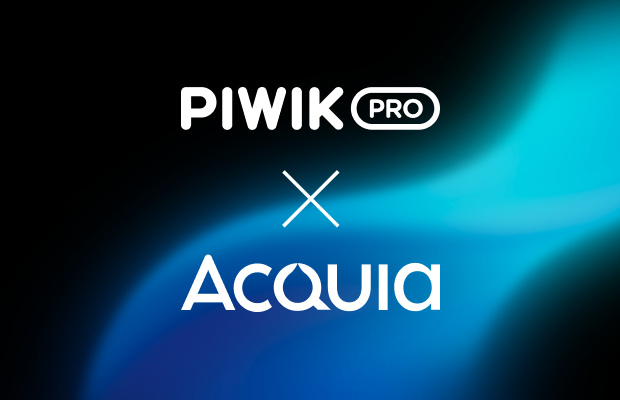Cost per acquisition (CPA) is a marketing metric that measures the aggregate cost to acquire one paying customer on a campaign or channel level from the first touchpoint to conversion. The conversion can be defined as a sale, a purchase, a click, a sign-up, a form submission, an app download, or something else.
Cost per acquisition is an essential metric that provides key insights into the efficiency of your marketing efforts on various channels, such as PPC, affiliate, display, social media, content marketing, SEO, email and others.
To calculate your advertising campaign’s cost per acquisition, take your total advertising spend and divide it by the number of conversions:
CPA = Ad Spend ÷ Conversions
You can reduce CPA by:
- Optimizing landing pages.
- Improving the checkout process.
- Optimizing ad copy.
- Focusing on customer retention.
- Managing and prioritizing leads.
By understanding and effectively calculating CPA, businesses can:
- Optimize their marketing strategies and campaigns.
- Manage their budget more effectively.
- Analyze and enhance their profitability.
- Adjust their business decisions.
Businesses can also combine CPA with average order value (AOV) and customer lifetime value (CLV) to calculate what CPA will work in their marketing budget.










